- Santander Bank PolskaSantander Bank Polska
- Responsible bankingBank As You Want It
- SimpleBank As You Want It
- FairBank As You Want It
- PersonalBank As You Want It
- About the reportAbout report
Alignment
Sustainability Policy of Santander Bank Polska
Our philosophy of sustainable development has been defined in the ”Sustainability Policy of Santander Bank Polska (Corporate Social Responsibility, CSR)”. The policy includes a number of voluntary ethical, social and environmental commitments exceeding by far the scope of applicable legal requirements and its key objective is to manage the social and environmental risk and to build long-term value for all stakeholders.
The Sustainability Policy is accompanied by a range of more specific internal regulations in force in the bank, including:
-

Natural environment
”Climate Change Policy”
-

Human rights
”Human Rights Policy”
-

Social engagement
”Corporate Volunteering Policy”
-

Responsible investments
sector risk management policies applicable to sensitive sectors, such as the defence, energy or wood industry
Our strategy
-
[Custom indicator 1]
Description of the bank's strategy, including the management approach to responsible business and sustainable development
Description of the bank's strategy, including the management approach to responsible business and sustainable development
Go to GRI list
Our business activities aimed at creating values for our key stakeholders are conducted with a view to stakeholder expectations in the process of making business decisions and in the spirit of responsibility for our environmental footprint. We believe that this is the only approach that can be adopted in order to pursue the path of continuous, sustainable development and create economic and social value. In this way, we can also contribute to the achievement of selected Sustainable Development Goals which our organization perceives as crucial from the point of view of our impact.
Capital
Financial, Human, Social, including reputational, Intellectual, Environmental
Activity
Mission (Help people and businesses prosper), Vision (To be the best retail and commercial bank and earn the lasting loyalty of people, customers, shareholders and communities), Valuee (Simple, Personal, Fair), Strategy for 2016-2019, Policies, Risk management system, Services
Outcome
Shareholders (Maximization of the investment value), Customers (Achievement of important goals through financial services; Enhancement of customers’ perception of the bank as a trustworthy partner providing innovative and high-quality solutions), Employees (Employee development and engagement; Friendly work environment), Communities (Taking care of the well-being and development of local communities)
This business model allows the bank and the Group to contribute to the achievement of UN Sustainable Development Goals 2015-2030
Financial, Human, Social, including reputational, Intellectual, Environmental
Activity
Mission (Help people and businesses prosper), Vision (To be the best retail and commercial bank and earn the lasting loyalty of people, customers, shareholders and communities), Valuee (Simple, Personal, Fair), Strategy for 2016-2019, Policies, Risk management system, Services
Outcome
Shareholders (Maximization of the investment value), Customers (Achievement of important goals through financial services; Enhancement of customers’ perception of the bank as a trustworthy partner providing innovative and high-quality solutions), Employees (Employee development and engagement; Friendly work environment), Communities (Taking care of the well-being and development of local communities)
This business model allows the bank and the Group to contribute to the achievement of UN Sustainable Development Goals 2015-2030
-
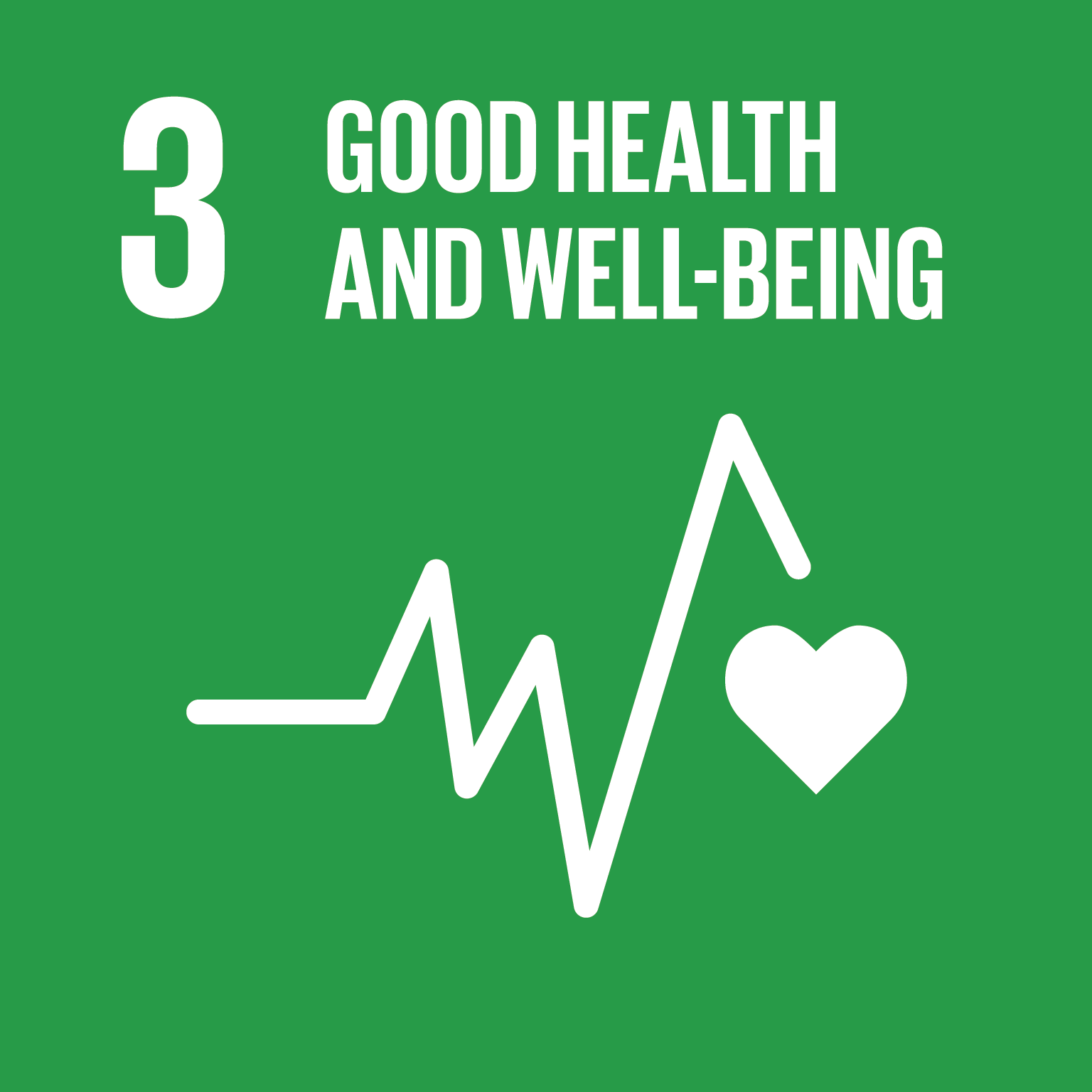
Goal 3
Ensure healthy lives and promote well-being for all at all ages
-
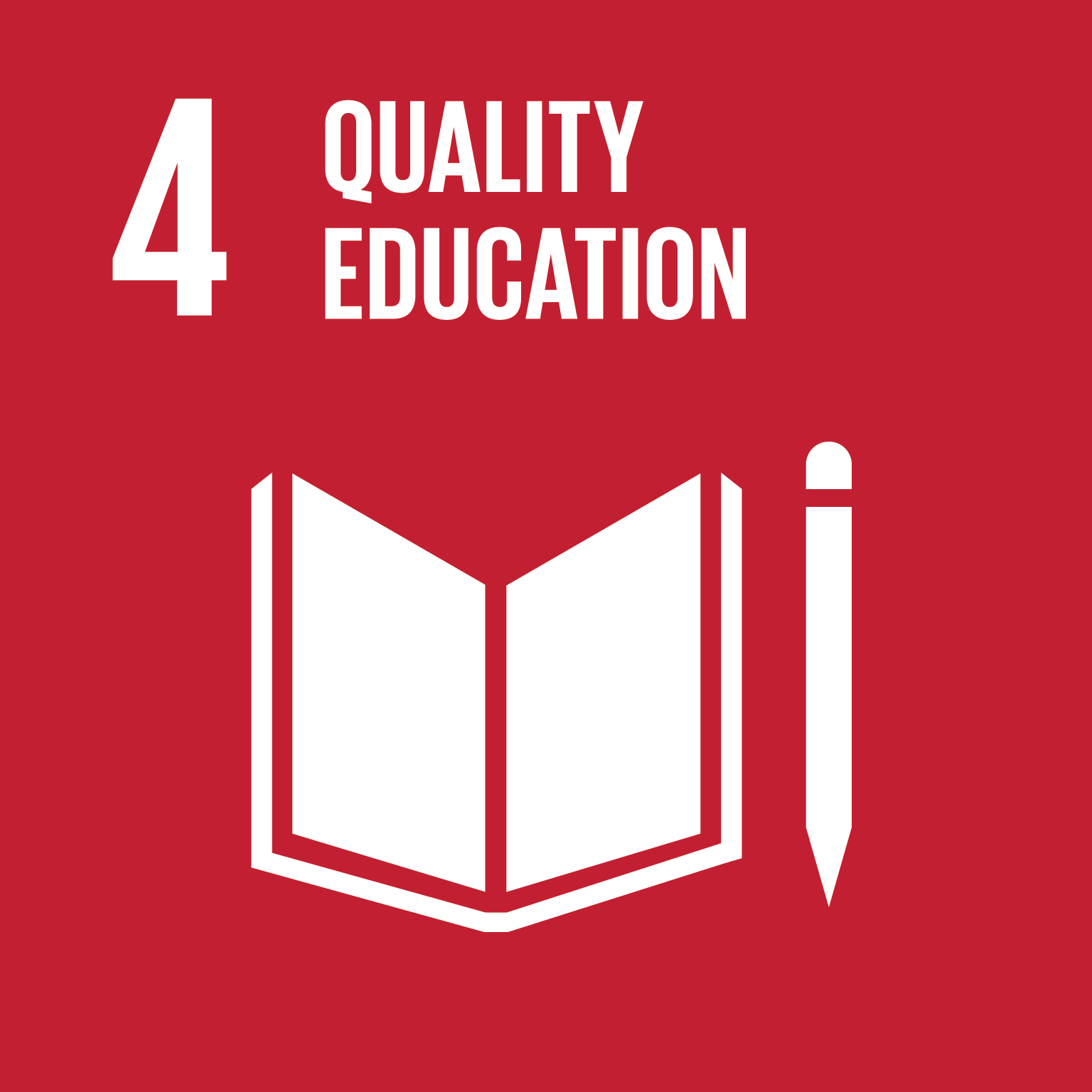
Goal 4
Ensure inclusive and quality education for all and promote lifelong learning
-
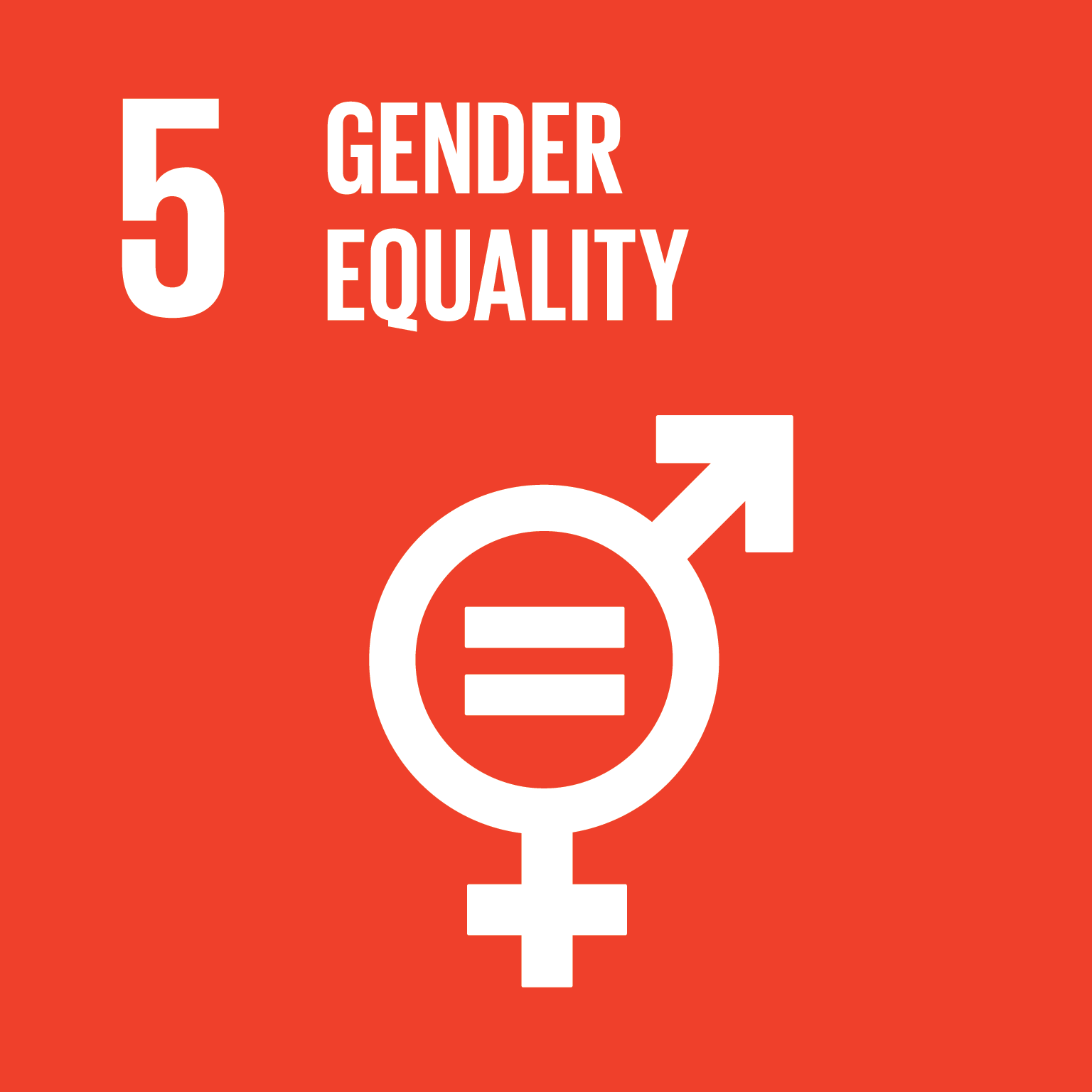
Goal 5
Achieve gender equality and empower all women and girls
-

Goal 8
Promote sustained, inclusive and sustainable economic growth, full and productive employment and decent work for all
-

Goal 9
Build resilient infrastructure, promote inclusive and sustainable industrialization and foster innovation
-
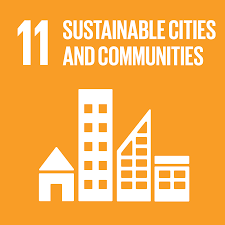
Goal 11
Make cities and human settlements inclusive, safe, resilient and sustainable
-

Goal 13
Take urgent action to combat climate change and its impacts
-
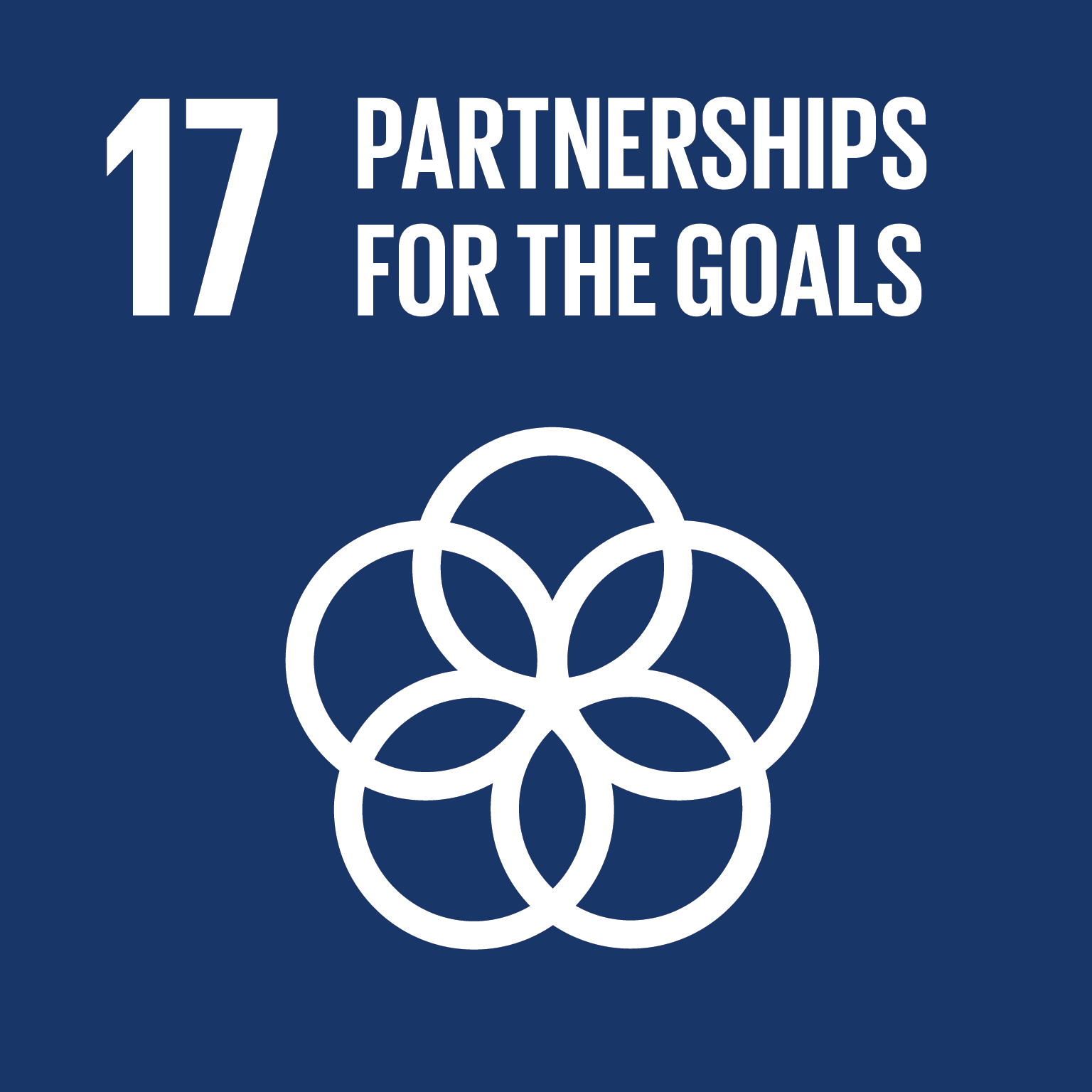
Goal 17
Strengthen the means of implementation and revitalize the global partnership for sustainable development
Our approach to the management of corporate social responsibility and sustainable development is defined in the Responsible Banking Strategy which identifies priority areas of responsibility responsible and sets specific goals which we want to achieve.
GRI:
-
[103-1, 103-2, 103-3]
for the reporting Aspect: Green finance
for the reporting Aspect: Green finance
Go to GRI list -
[103-1, 103-2, 103-3]
for the reporting Aspect: Preventing financial exclusion and financial education
for the reporting Aspect: Preventing financial exclusion and financial education
Go to GRI list -
[103-1, 103-2, 103-3]
for the reporting Aspect: Accessibility of products and services
for the reporting Aspect: Accessibility of products and services
Go to GRI list
Green Bank
We care for the environment both in our external and internal activities
Cel: Dobre zdrowie i jakość życia, Innowacyjność, przemysł, infrastruktura, Zrównoważone miasta i społeczności, Działania w dziedzinie klimatu, Partnerstwo na rzecz celów
Green products and services, Green BankInclusive Banking
We bring people at risk of exclusion into the banking system. We educate local communities and support perpetual learning.
Cele: Dobra jakość edukacji, Równość płci, Wzrost gospodarczy i godna praca, Innowacyjność, przemysł, infrastruktura, Partnerstwo na rzecz celów
Bank for persons with disabilities and seniors, Bank catering for special needs (Products and services for Ukrainians), Financial education at every stage of life
| Goal: To support environment-friendly solutions instrumental in facing the current global challenges and helping to improve the quality of life in such areas as the wellbeing of the society, health, security and counteracting climate change. | Goal:To promote inclusion of persons excluded from the market of financial services for various reasons, such as unavailability of a dedicated product and service offer. To foster growth and progress in the society by supporting inclusive and sustainable development projects. |
Activity areas:
|
Activity areas:
|
Did you know?
- The Principles for Responsible Banking will be officially adopted in September 2019 at the General Assembly of the United Nations in New York. Four years ago, the Sustainable Development Goals were adopted by the same forum.
- So far 49 organizations from all over the world have committed to respecting the Principles.